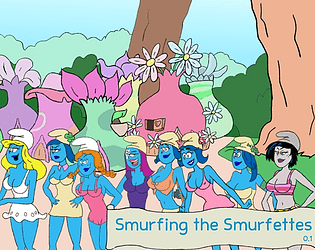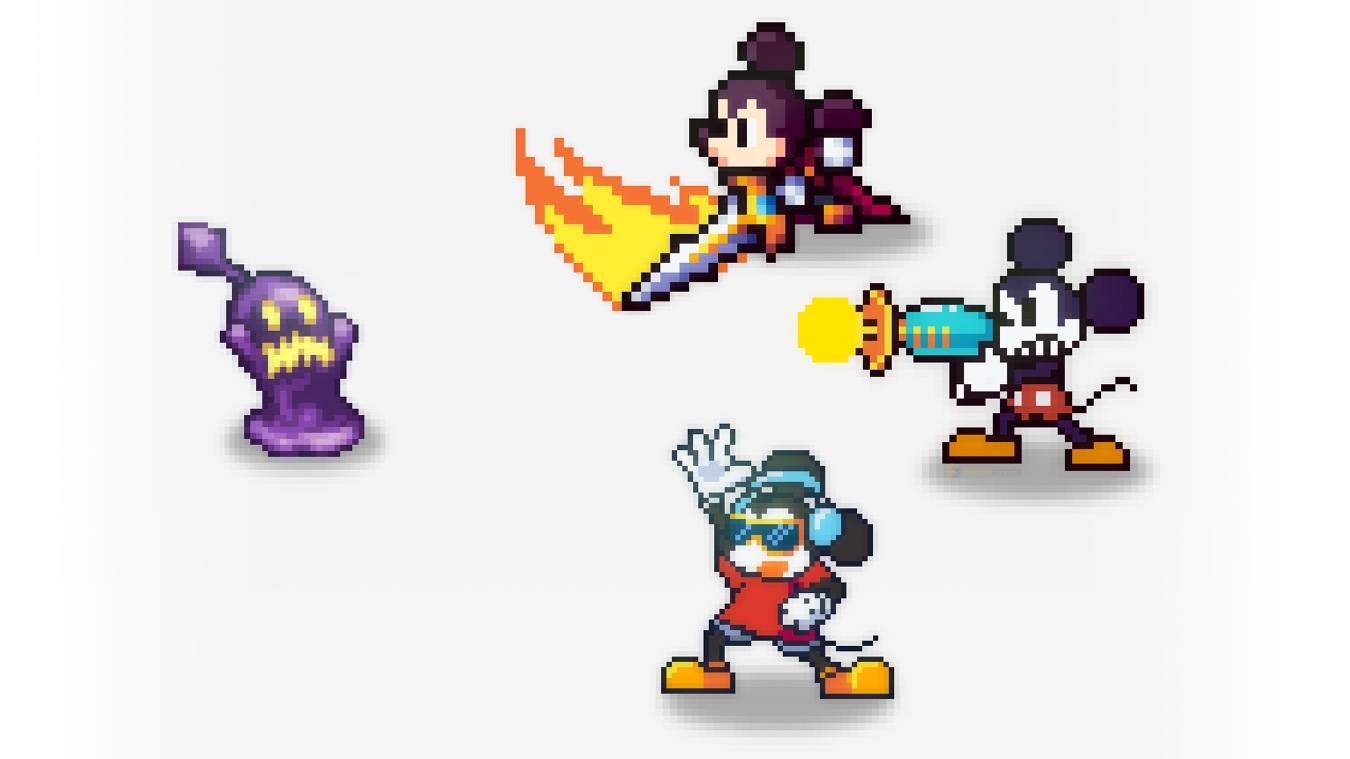The PlayStation Store and Nintendo eShop are experiencing an influx of low-quality games, often described as "slop," raising concerns among users. These games, frequently simulation titles, utilize generative AI for assets and misleading store pages to attract unsuspecting buyers. This issue, initially prominent on the eShop, has recently spread to the PlayStation Store, particularly impacting the "Games to Wishlist" section.
The problem isn't simply the presence of "bad" games; it's the overwhelming volume of visually similar, low-effort titles crowding out higher-quality releases. These games often mimic popular titles, use AI-generated art that misrepresents gameplay, and suffer from poor controls and technical issues. A small number of companies appear responsible for this surge, making them difficult to identify and hold accountable due to limited public information and frequent name changes.
Users are demanding stricter storefront regulation, especially given the eShop's declining performance. To understand the situation, this investigation explores the game release process across different storefronts: Steam, Xbox, PlayStation, and Nintendo Switch.
The Certification Process
Interviews with eight game development and publishing professionals (all requesting anonymity) revealed insights into the game release process. Generally, developers pitch their games to platform holders (Nintendo, Sony, Microsoft, or Valve) to gain access to development portals and devkits (for consoles). They then complete forms detailing game specifications and undergo certification ("cert"), where platform holders verify compliance with technical requirements, legal standards, and ESRB ratings. Age ratings are particularly scrutinized.
Contrary to common belief, certification isn't a quality assurance (QA) check. It focuses on technical compliance, not game quality. Platform holders often provide limited feedback on submission failures, particularly Nintendo.
Store Page Review
Platform holders require accurate game representation in store page screenshots. However, enforcement varies. While Nintendo and Xbox review all store page changes, PlayStation conducts a single check near launch, and Valve only reviews the initial submission. While some level of diligence exists to ensure accuracy, standards are loosely defined, allowing misleading content to slip through. Penalties for inaccurate screenshots typically involve removal of the offending content, rather than harsher measures. No console storefront has specific rules regarding generative AI usage in games or store assets, although Steam requests disclosure.
Why the Discrepancy?
The disparity in "slop" across storefronts stems from differences in the approval process. Microsoft vets games individually, making it less susceptible to mass submissions of low-quality titles. Nintendo and PlayStation approve developers, allowing easier mass releases once approved. This, combined with a focus on technical compliance rather than content quality, enables the proliferation of "slop." The ease of publishing on Steam, coupled with its robust search and filtering options, dilutes the impact of low-quality games.
The Nintendo eShop's poor discoverability, exacerbated by its unsorted "New Releases" section, contributes significantly to the problem. The PlayStation Store's "Games to Wishlist" sorting by release date also surfaces many low-quality games.
The Role of Generative AI
While generative AI is used in some "slop" games, it's not the primary cause. The issue is the volume of low-effort games, regardless of asset creation method. The technology isn't advanced enough to create complete games bypassing certification.
Calls for Regulation and Concerns
Users are urging Nintendo and Sony to address the issue, but the developers interviewed expressed pessimism. While Sony has taken action in the past, the current situation poses a significant challenge. Attempts at community-driven filtering, such as "Better eShop," highlight the risk of accidentally targeting legitimate games. Overly aggressive filtering could harm quality software. Developers emphasize the need for nuanced judgment, acknowledging the difficulty in differentiating between genuinely bad games and deliberate attempts at exploiting the system. Platform holders, ultimately composed of individuals, face the challenge of balancing openness with the prevention of exploitative practices.
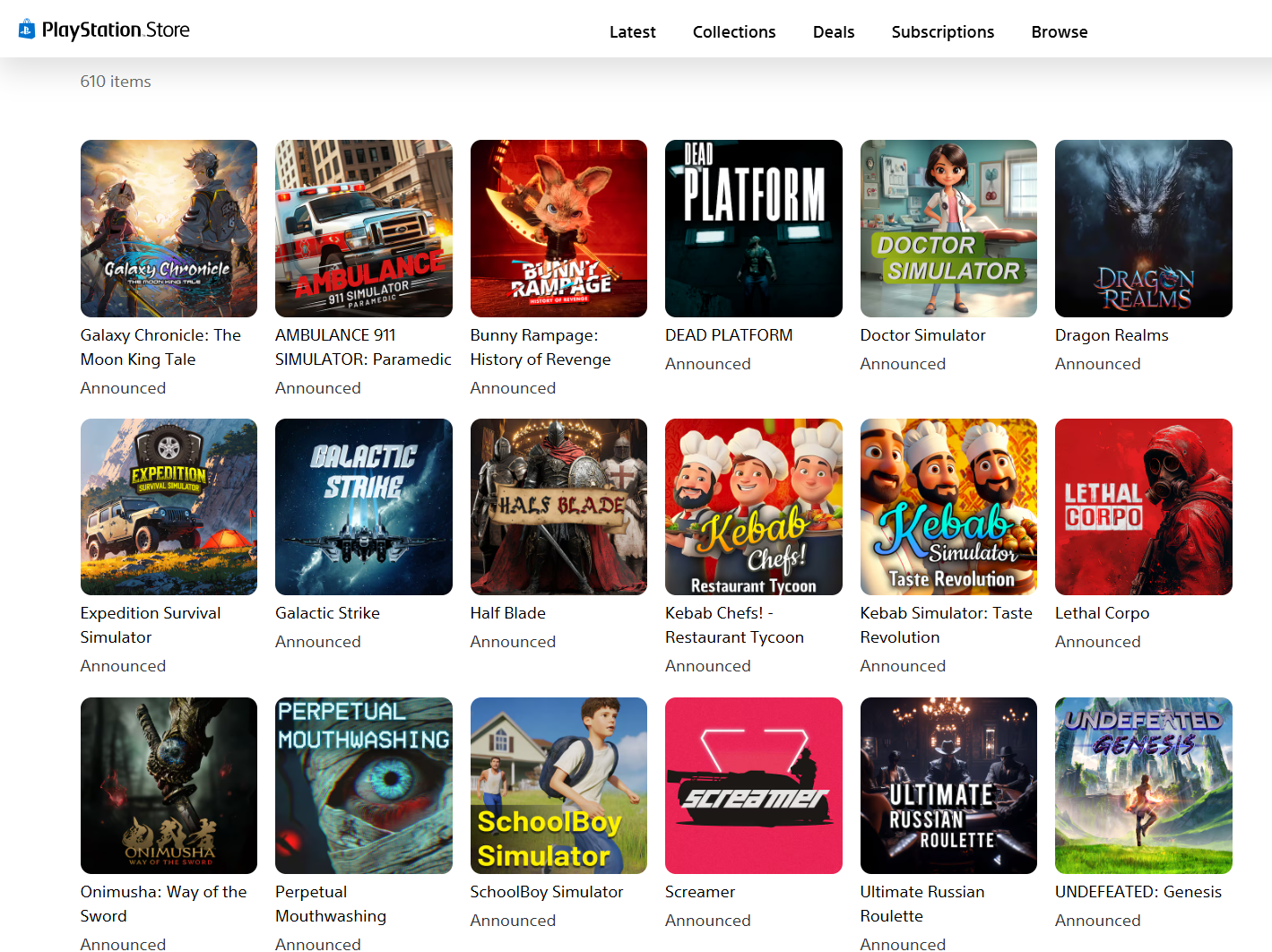
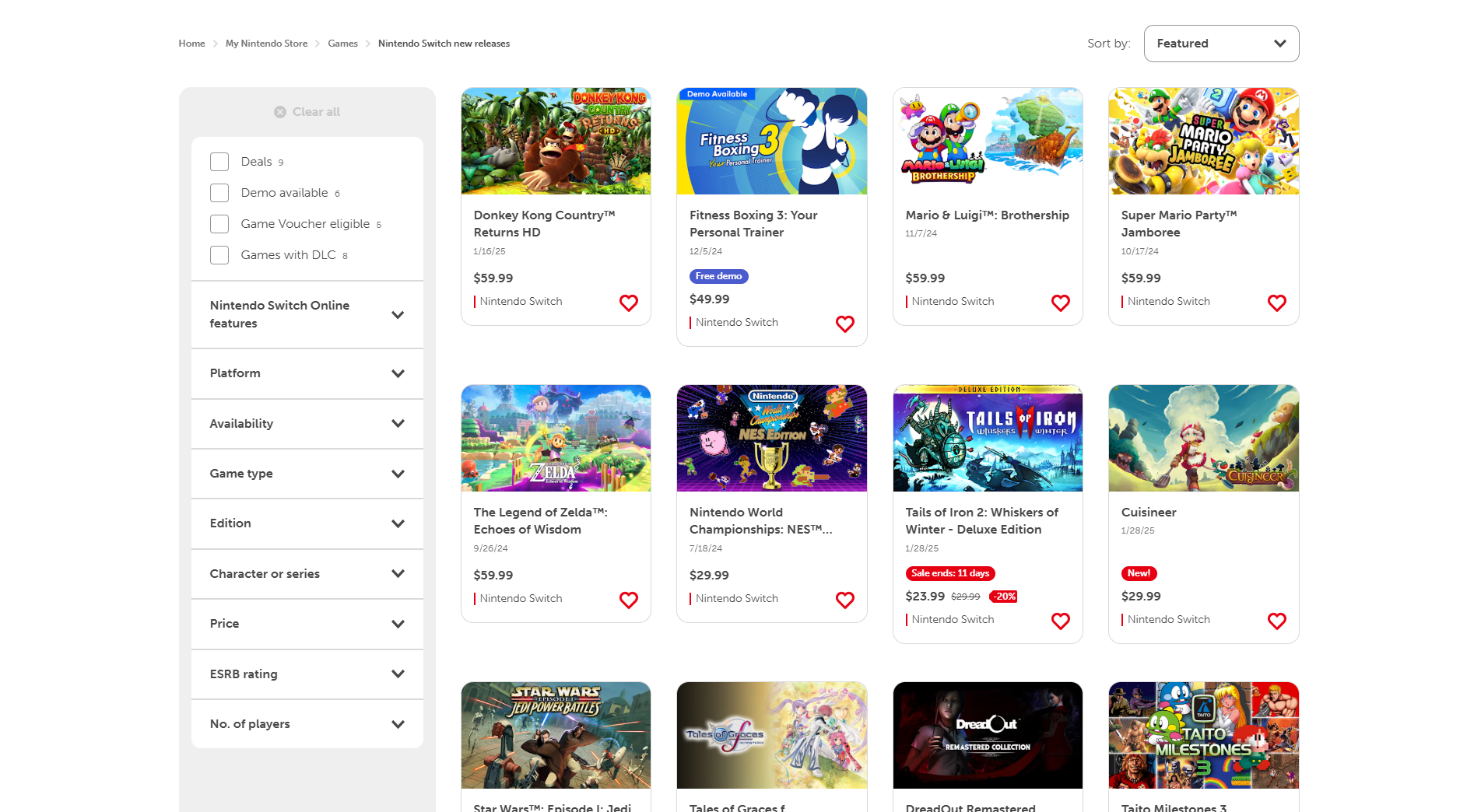
 Home
Home  Navigation
Navigation






 Latest Articles
Latest Articles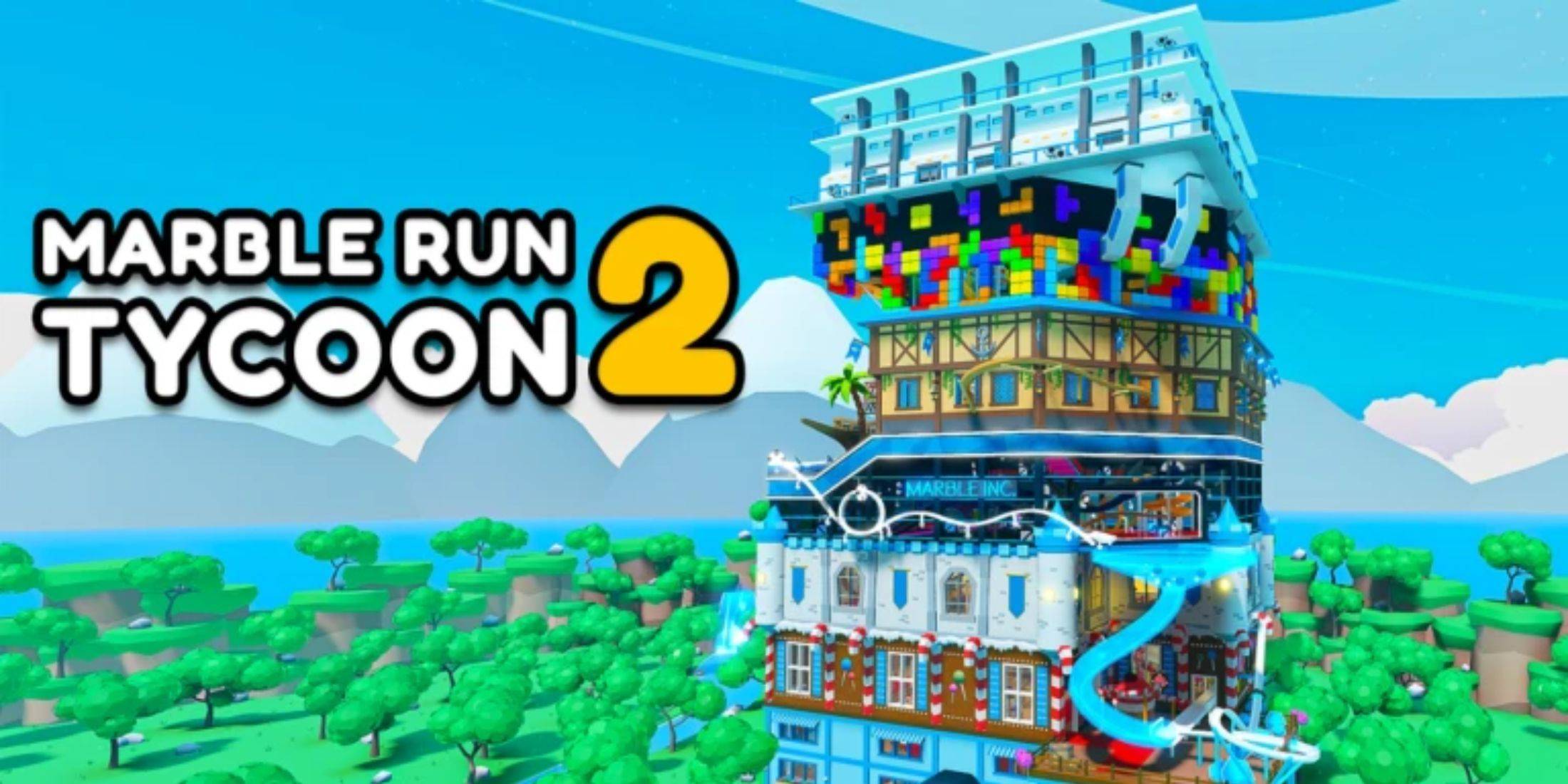
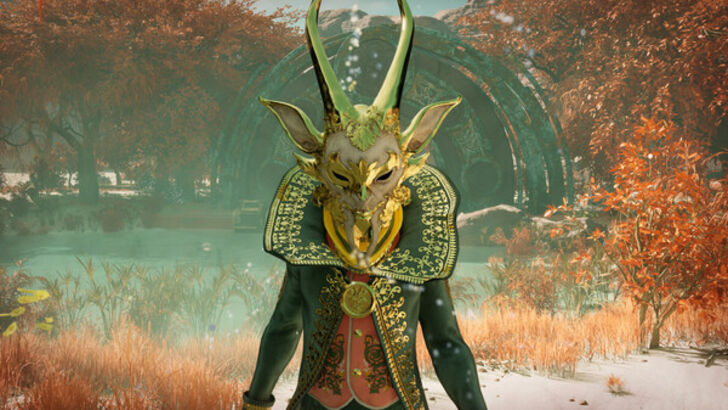
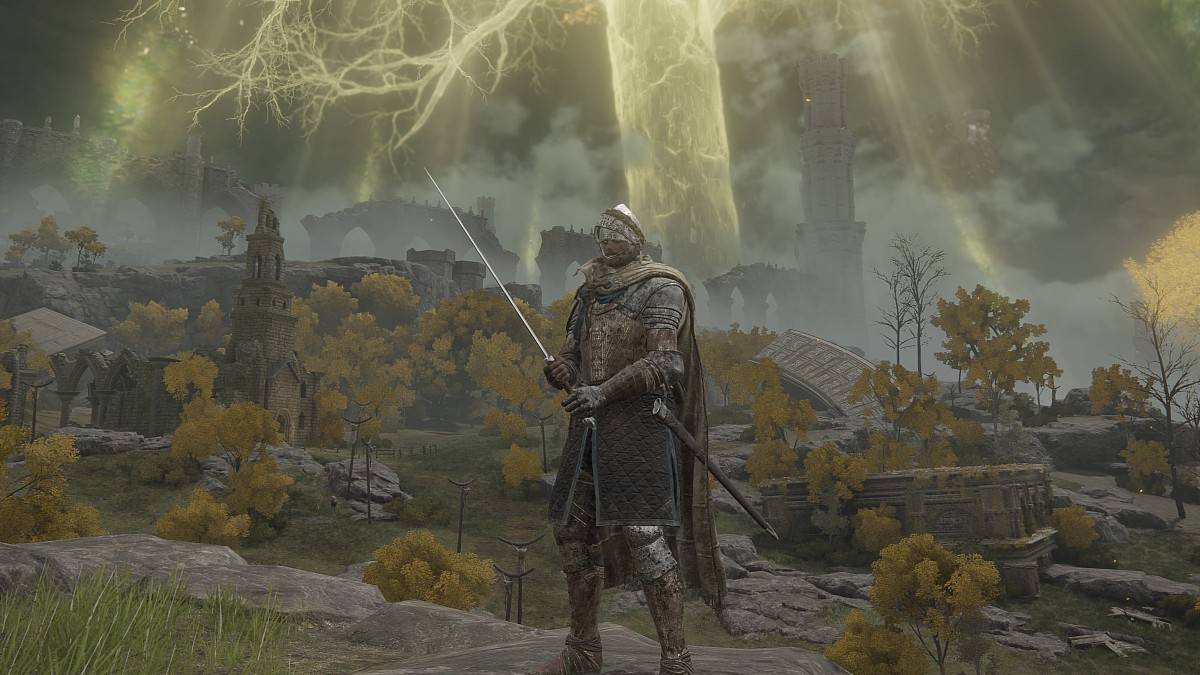








 Latest Games
Latest Games






